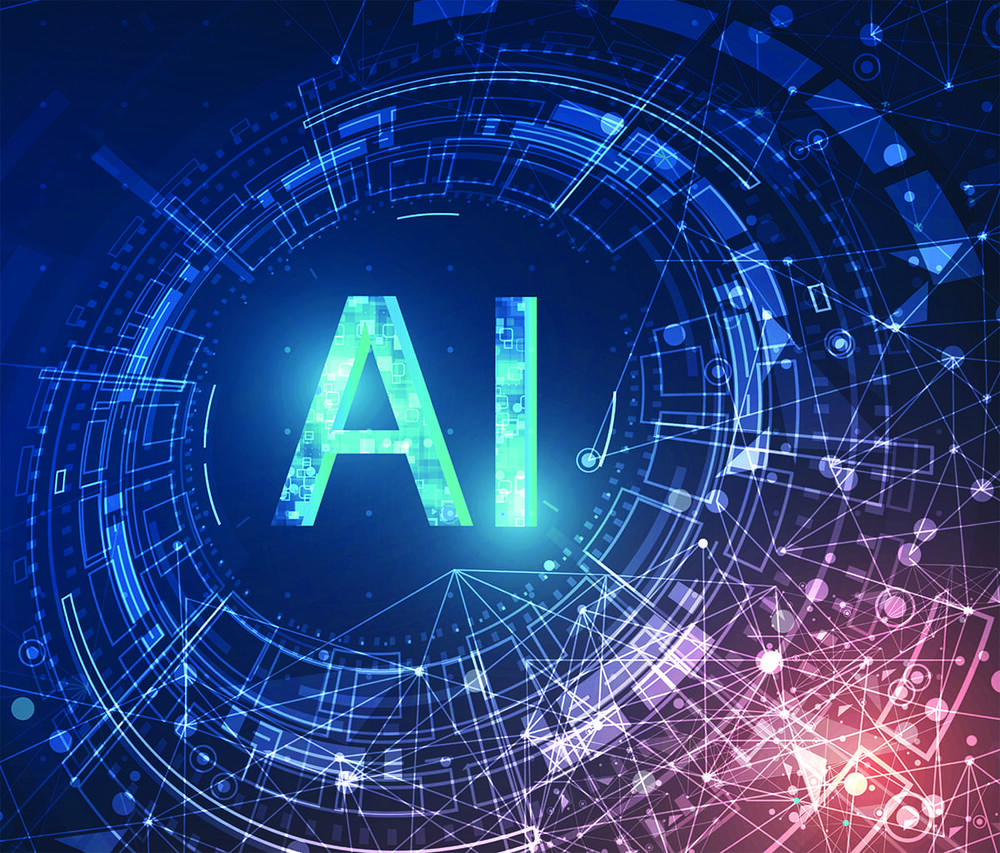The National Institutes of Health will invest $130 million over four years, pending the availability of funds, to accelerate the widespread use of artificial intelligence (AI) by the biomedical and behavioral research communities. The NIH Common Fund’s Bridge to Artificial Intelligence (Bridge2AI) program is assembling team members from diverse disciplines and backgrounds to generate tools, resources, and richly detailed data that are responsive to AI approaches. At the same time, the program will ensure its tools and data do not perpetuate inequities or ethical problems that may occur during data collection and analysis. Through extensive collaboration across projects, Bridge2AI researchers will create guidance and standards for the development of ethically sourced, state-of-the-art, AI-ready data sets that have the potential to help solve some of the most pressing challenges in human health — such as uncovering how genetic, behavioral, and environmental factors influence a person’s physical condition throughout their life.
“Generating high-quality ethically sourced data sets is crucial for enabling the use of next-generation AI technologies that transform how we do research,” said Lawrence A. Tabak, D.D.S., Ph.D., Performing the Duties of the Director of NIH. “The solutions to long-standing challenges in human health are at our fingertips, and now is the time to connect researchers and AI technologies to tackle our most difficult research questions and ultimately help improve human health.”
AI is both a field of science and a set of technologies that enable computers to mimic how humans sense, learn, reason, and take action. Although AI is already used in biomedical research and healthcare, its widespread adoption has been limited in part due to challenges of applying AI technologies to diverse data types. This is because routinely collected biomedical and behavioral data sets are often insufficient, meaning they lack important contextual information about the data type, collection conditions, or other parameters. Without this information, AI technologies cannot accurately analyze and interpret data. AI technologies may also inadvertently incorporate bias or inequities unless careful attention is paid to the social and ethical contexts in which the data is collected.
